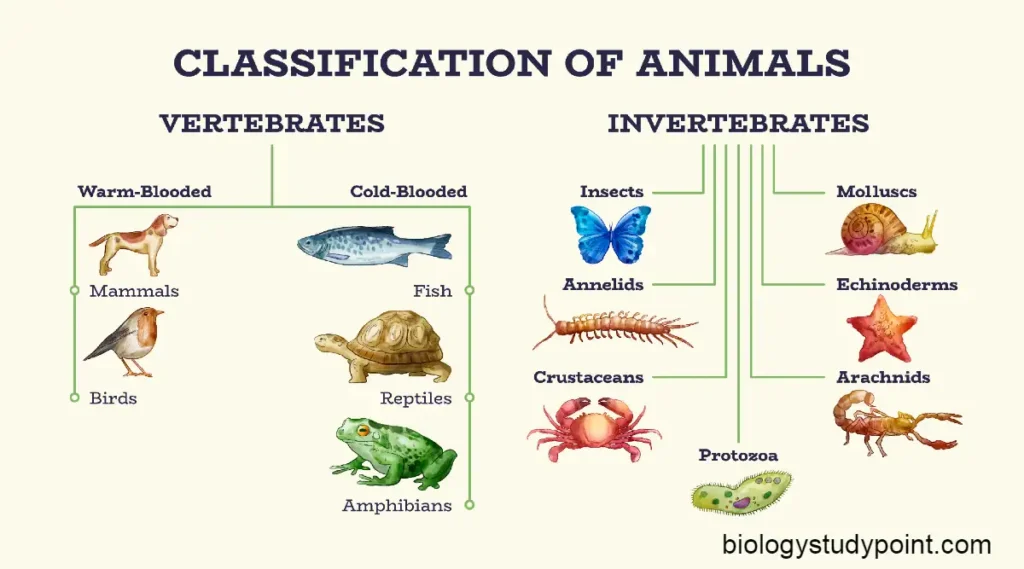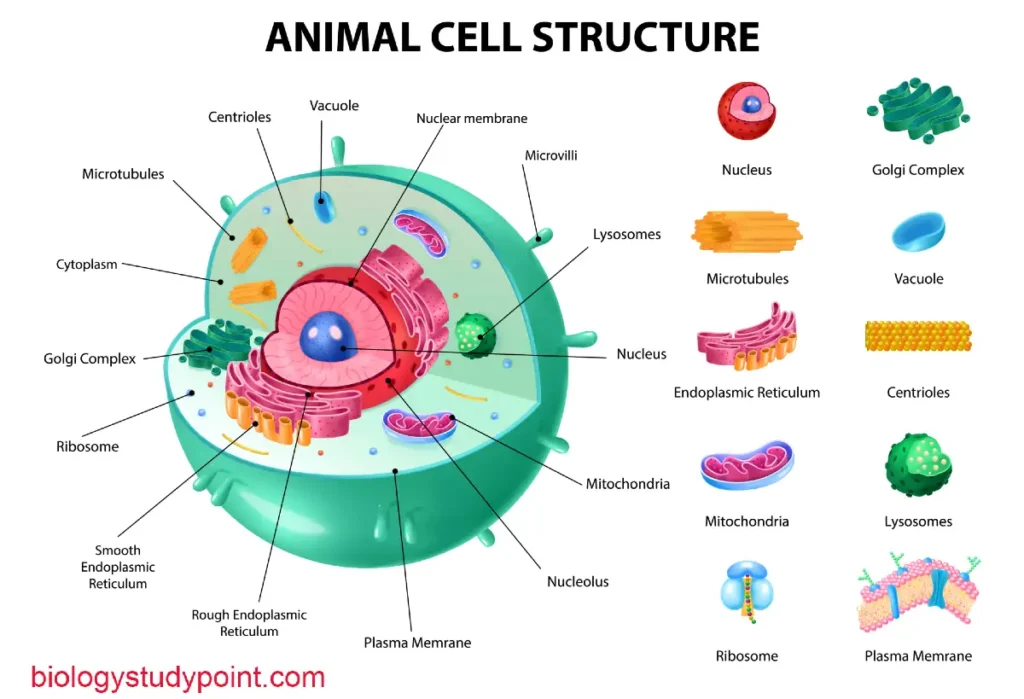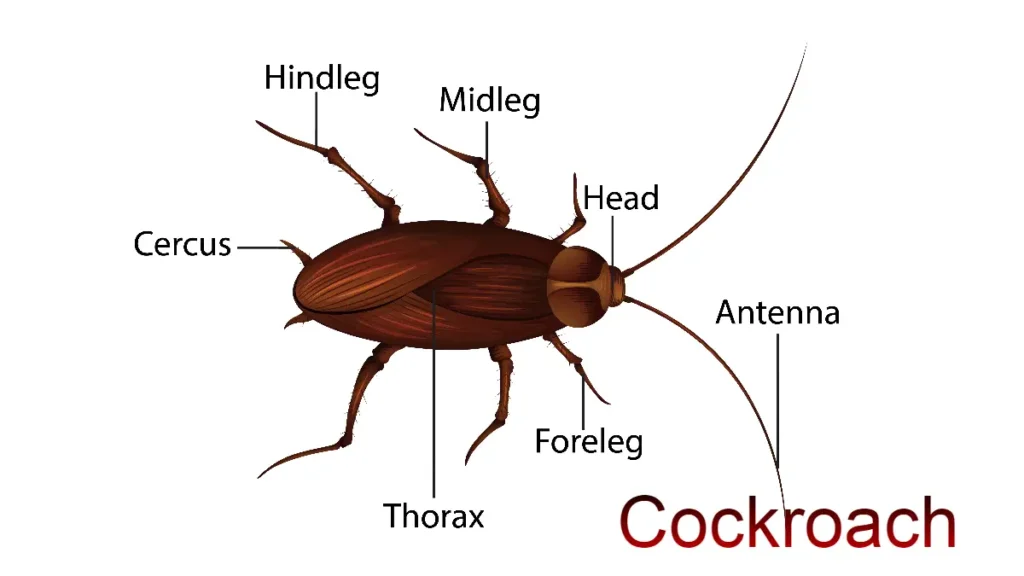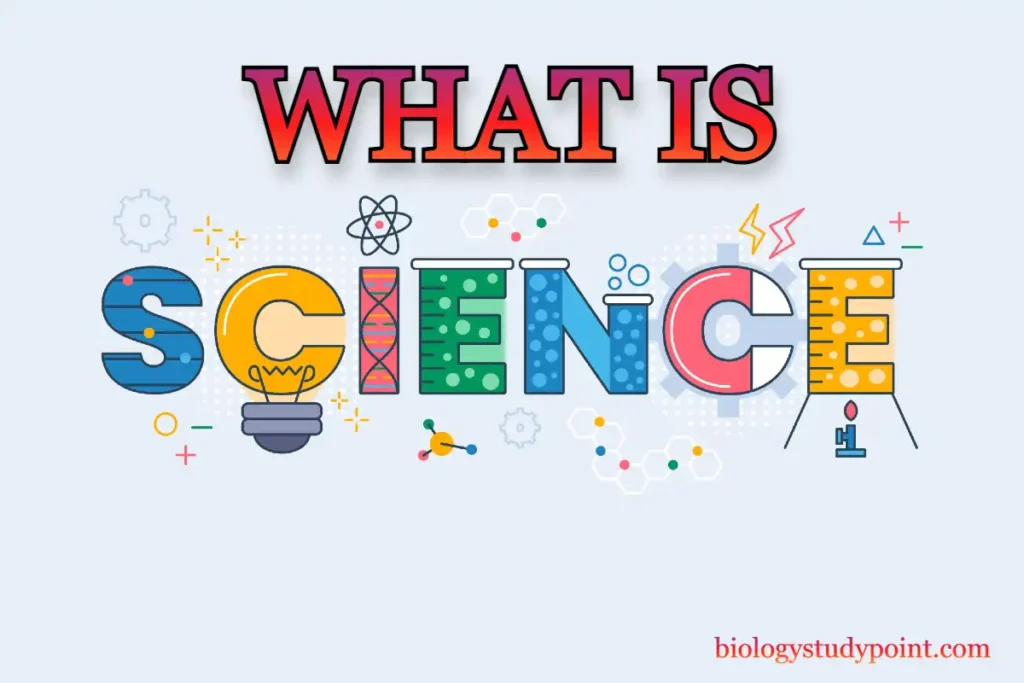Friends, do you want to know what an allergy is? If yes, then this article is just for you because, in this article, we will learn about its definition, types, symptoms, causes, prevention, and diagnosis. So let’s start without wasting time.
From birth to death, people face many problems and diseases, many of which are cured by taking medication, but many such problems do not get better even with medication, and one such problem is an allergy. An allergy is a disease or problem that cannot be permanently cured, but its symptoms can be controlled. Once this problem arises, it stays with the person for life. Very few people get rid of allergies.
Allergy may seem like a minor issue in stories or when seen or heard, but if you ask a person who has this problem, they will tell you how much they are troubled by it and how they have become tired of getting treatment. If a person consumes something they are allergic to, it starts causing a lot of problems in their body, and if not treated, it can even lead to death. Many people do not know about allergies, so let’s study this problem or disease step by step today.
What is an allergy?
An allergy is a reaction by the body’s immune system to a substance that is normally harmless. When someone with an allergy comes into contact with an allergen, their immune system overreacts and produces antibodies called immunoglobulin E (IgE). These antibodies bind to cells in the body that release histamine and other chemicals, which cause allergy symptoms.
Types of allergies
There are many different types of allergies, including:
- Food allergies: These are caused by a reaction to a specific food, such as peanuts, milk, or eggs.
- Pollen allergies: These are caused by a reaction to pollen from trees, grasses, and weeds.
- Dust mite allergies: These are caused by a reaction to tiny insects that live in dust.
- Pet allergies: These are caused by a reaction to dander, saliva, or urine from animals, such as cats or dogs.
- Mold allergies: These are caused by a reaction to mold spores, which are found in damp places.
- Medication allergies: These are caused by a reaction to a specific medication, such as penicillin or antibiotics.
Symptoms of allergies
Allergy symptoms can vary depending on the type of allergy and the severity of the reaction. Common symptoms include:
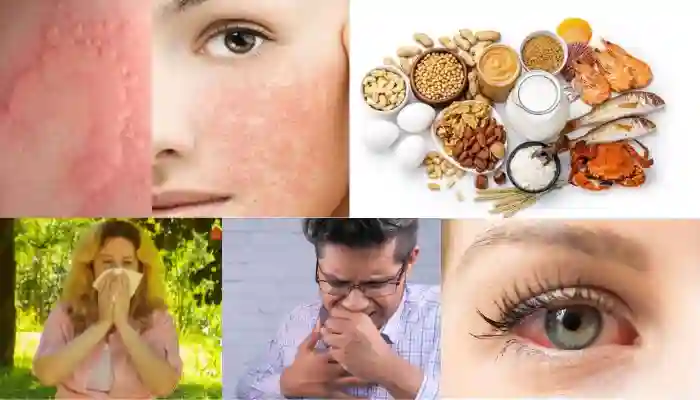
- Sneezing
- A runny nose
- Itchy eyes
- Watery eyes
- Hives
- Itchy skin
- Swelling
- Difficulty breathing
Diagnosis of allergies
If you think you have an allergy, your doctor will ask you about your symptoms and medical history. They may also perform skin tests or blood tests to confirm the diagnosis.
Treatment of allergies
There is no cure for allergies, but there are treatments that can help to relieve symptoms. Treatment options include:
- Avoiding allergens: This is the best way to prevent allergy symptoms.
- Medications: There are many different medications available to treat allergies, including over-the-counter and prescription medications.
- Allergy shots: These are injections that are given over a while to help reduce the severity of allergy symptoms.
Complications of allergies
In some cases, allergies can lead to serious complications, such as anaphylaxis. Anaphylaxis is a life-threatening reaction that can cause difficulty breathing, swelling of the throat, and a drop in blood pressure.
What is an allergen?
An allergen is a substance that triggers an allergic reaction. Common allergens include:
- Pollen
- Dust mites
- Pet dander
- Mold
- Foods
- Medications
- Insect stings
FAQs
Can allergies be cured?
No, allergies cannot be cured. However, they can be controlled with treatment.
What diseases are caused by allergies?
Allergies can cause a variety of symptoms, including:
- Itching
- Sneezing
- Itchy eyes
- Watery eyes
- Stuffy nose
- Runny nose
- Anxiety
- Difficulty breathing
What foods should not be eaten with allergies?
The first thing you need to do is find out what foods you are allergic to. Once you know this, you need to avoid eating those foods so that you do not have an allergy and stay healthy.
Why do lips get allergic?
Often, lip allergies are caused by certain foods such as medications, milk, eggs, fish, peanuts, insect bites, or stings.
Conclusion
I hope you found this article about what allergies are informative and helpful. If you liked this article, please share it with your friends and on Facebook and WhatsApp groups. If you have any suggestions related to this article, please let me know by commenting.

